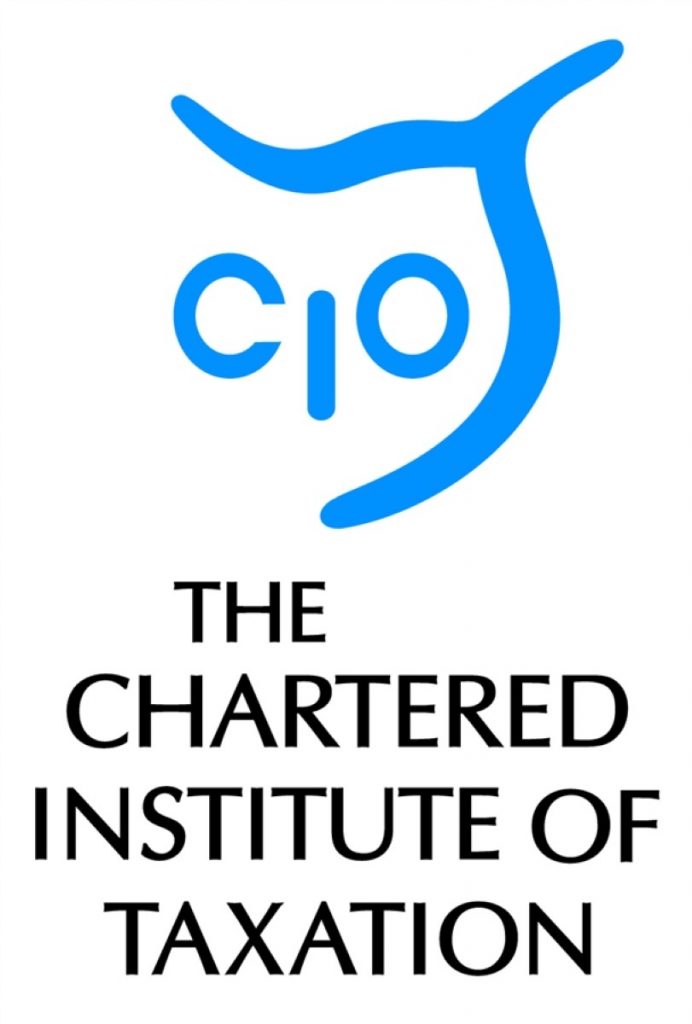CIOT comment on Scotland Bill
The Chartered Institute of Taxation (CIOT) has commented on today’s publication of the Scotland Bill, highlighting that there are important technical and practical issues that will need to be addressed so the new powers can be used effectively and without overburdening business and individual taxpayers.
The Bill includes proposals for the devolution of powers over income tax, stamp duty land tax and landfill tax to the Scottish Parliament, as set out in the Final Report of the Commission on Scottish Devolution (the Calman Commission).
Moira McMahon, Chairman of the CIOT’s Scotland branch, said:
“These proposals are achievable but getting the implementation right will require political will and attention to technical detail from politicians at both Westminster and Holyrood.
“The CIOT’s member survey on the Calman proposals identified the two biggest issues, by some distance, as being how to minimise the burdens on employers of Scottish taxpayers, and how to define a Scottish taxpayer. These concerns were reiterated at a roundtable event held jointly by ourselves and the Institute of Chartered Accountants of Scotland at the Scottish Parliament, which brought together politicians, business and tax experts to discuss the proposals. There is real concern whether the PAYE system will cope with the additional burdens.
“The Scottish variable rate won’t only be an issue for employers in Scotland – it will also affect any employer outside Scotland who has an employee in Scotland. There will need to be a big information campaign to make employers based outside Scotland aware of this and what they need to do.
“The definition of a Scottish taxpayer needs to be clear and simple enough for a non-expert to understand without them needing to consult a professional adviser. The Bill’s definition starts with the term ‘UK taxpayer’ – itself the subject of much uncertainty. Then the situations of pensioners, migrants, those in and out of work, benefits claimants and students all need work.
“Postponing the devolution of the Aggregates Levy and aviation taxes seems sensible in the current circumstances.”
The CIOT welcomes the Government’s willingness to consult and bring in experts to look at the technical detail of these proposals, particularly through the High Level Implementation Group on which the CIOT is represented by its Tax Policy Director, John Whiting, and the various working parties that are being established. We look forward to continuing to work with the Government in this important process.
Notes to Editors
1. Most of the revenue available to the Scottish Government under the Calman proposals will come from the power to set its own income tax rates. An amount equivalent to the 10% tax allocated to Scotland will be deducted from the grant currently made to Scotland from the UK Government. If the Scottish Government simply applies a 10% rate, it will theoretically end up with the same revenue as would have been the case had the proposal not been implemented.
Calman also proposed that the following taxes be devolved to the Scottish Parliament, again with a corresponding reduction in the block grant: Stamp Duty Land Tax, Landfill Tax, Air Passenger Duty, Aggregates Levy. However the Scottish Secretary has announced (see http://www.bbc.co.uk/news/uk-scotland-11857246) that the latter two will not devolved immediately as the Aggregates Levy is currently subject to a dispute in the European courts and aviation taxes are under review by the UK Government.
2. The CIOT surveyed its members in Scotland and the northernmost parts of England on the Calman proposals during September. A summary of the results can be found at: http://tinyurl.com/calmansurvey
3. The Chartered Institute of Taxation (CIOT) is a charity and the leading professional body in the United Kingdom concerned solely with taxation. The CIOT’s primary purpose is to promote education and study of the administration and practice of taxation. One of the key aims is to achieve a better, more efficient, tax system for all affected by it – taxpayers, advisers and the authorities.
The CIOT’s comments and recommendations on tax issues are made solely in order to achieve its primary purpose: it is politically neutral in its work. The CIOT will seek to draw on its members’ experience in private practice, government, commerce and industry and academia to argue and explain how public policy objectives (to the extent that these are clearly stated or can be discerned) can most effectively be achieved.
The CIOT’s 15,000 members have the practising title of ‘Chartered Tax Adviser’ and the designatory letters ‘CTA’.
– ENDS –
George Crozier
External Relations Manager
D: +44 (0)20 7340 0569
M: +44 (0)7740 477374
The Chartered Institute of Taxation
Registered charity number 1037771
www.tax.org.uk
The Association of Taxation Technicians
Registered charity number 803480
Registered company number 2418331
VAT Registration Number 497 5390 90
www.att.org.uk
1st Floor, Artillery House, 11-19 Artillery Row, London SW1P 1RT





-01.png)